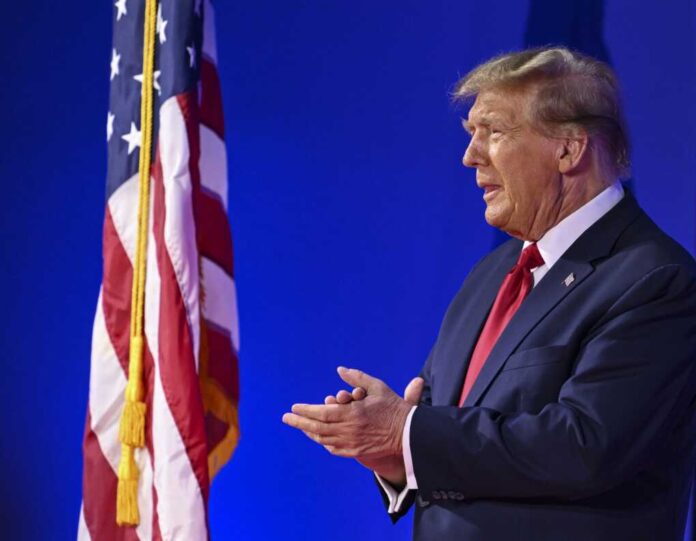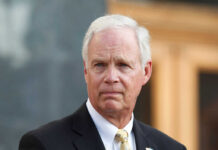
President Trump has signed resolutions stripping California of its power to set its own vehicle emissions rules, drawing fierce support from automakers and Republicans—and a legal challenge from the state itself.
At a Glance
- Trump signed three resolutions revoking EPA waivers that allowed California to set stricter vehicle emissions rules
- The repeal targets California’s mandates on electric vehicle sales, heavy-duty trucks, and nitrogen oxide limits
- Industry groups, including GM and Toyota, back a unified federal standard
- California’s attorney general vows to sue, citing Clean Air Act protections since 1970
- Critics warn the move will slow progress on climate and emissions goals across 17 aligned states
What Trump’s Action Does
In a June 12 signing ceremony, Trump signed resolutions under the Congressional Review Act nullifying three key EPA waivers. These include California’s rule requiring 80% of new vehicles be electric by 2035, zero-emission mandates for heavy-duty trucks, and a nitrogen oxide standard for off-road vehicles.
Watch a report: Trump revokes California’s emissions authority
The repeal also blocks 17 other states—who followed California’s lead—from implementing similar regulations, affecting roughly one-third of the U.S. car market.
Industry Cheers, Lawsuits Loom
Automakers including General Motors, Stellantis, Toyota, Hyundai, and Volkswagen backed the rollback, citing the need for consistent national rules. John Bozzella, CEO of Auto Innovators, said: “The fact is these EV sales mandates were never achievable.”
Senator John Thune echoed that sentiment, arguing that California’s policies effectively dictated emissions standards for the nation.
However, California Attorney General Rob Bonta has vowed to sue. He argues that the move violates the Clean Air Act, which has granted California unique authority since 1970 to enact stricter standards due to its air quality challenges.
Deep Partisan Divide
The resolutions passed the Senate after intense GOP debate, with Democrats warning the Congressional Review Act was being misused. Yet Rep. Elissa Slotkin broke ranks, saying she had “a special responsibility to stand up for the more than one million Michiganders whose livelihoods depend on the U.S. auto industry.”
Watch debate highlights: Congress debates Trump’s EV rule reversal
Environmental Stakes
Environmental advocates fear the repeal will derail momentum toward electrification and set back U.S. climate goals. California’s tough mandates had pressured automakers nationwide to innovate on emissions.
By rescinding the waivers, Trump’s administration aims to centralize authority and standardize emissions policy. Supporters argue this will reduce compliance burdens and lower consumer costs—but opponents say it undermines state leadership and delays clean energy progress.
What Comes Next
Legal challenges are expected to delay the rule changes’ implementation. The courts will likely decide whether states like California can continue setting their own environmental benchmarks—or if the federal government has final say over emissions.
The outcome could reshape the nation’s climate policy for years to come—and determine how far states can go in pushing for green innovation in the face of federal resistance.





























